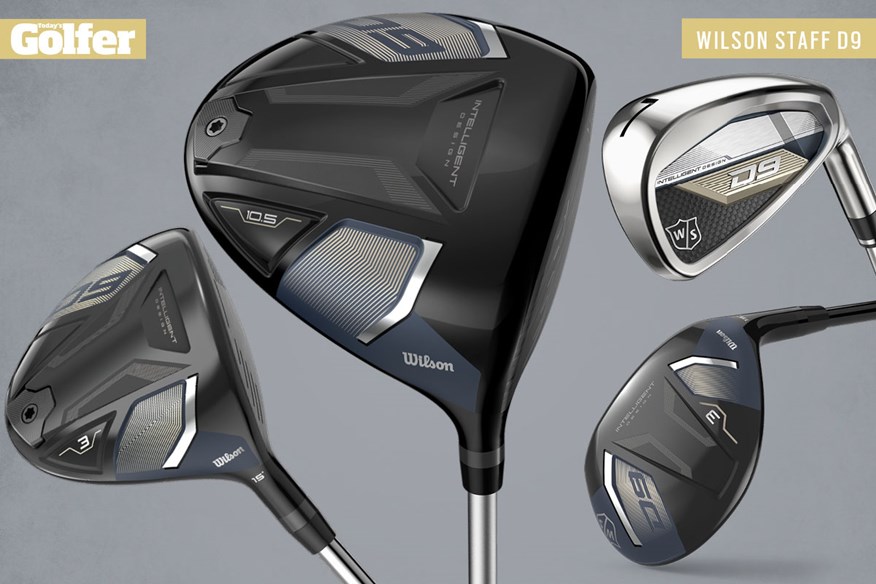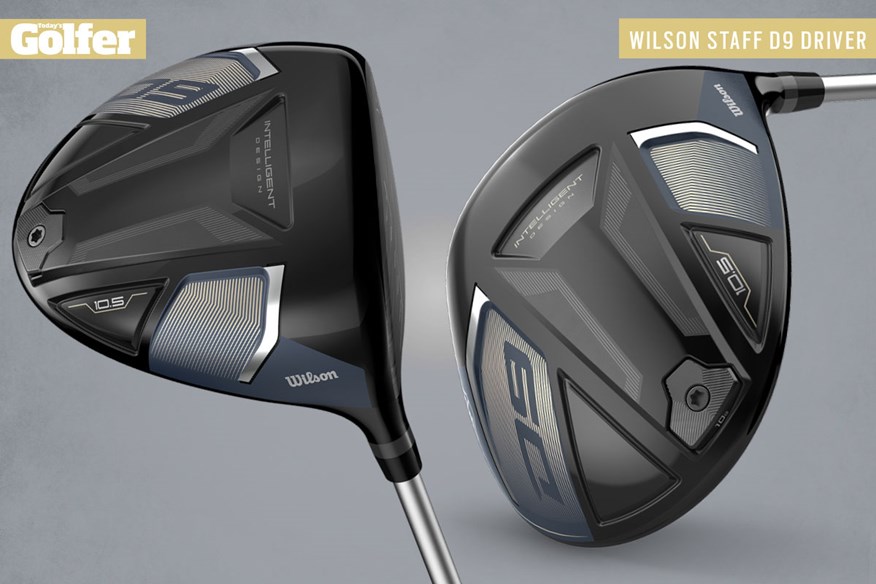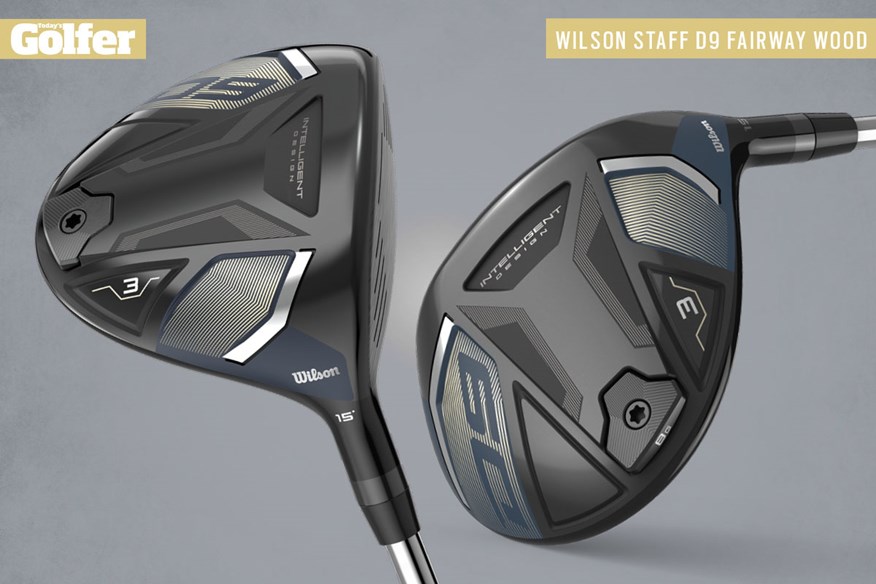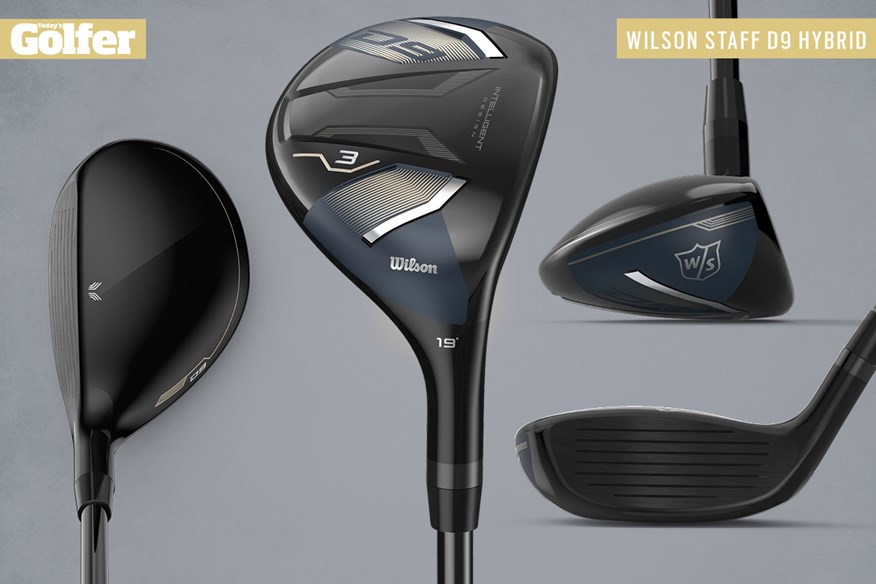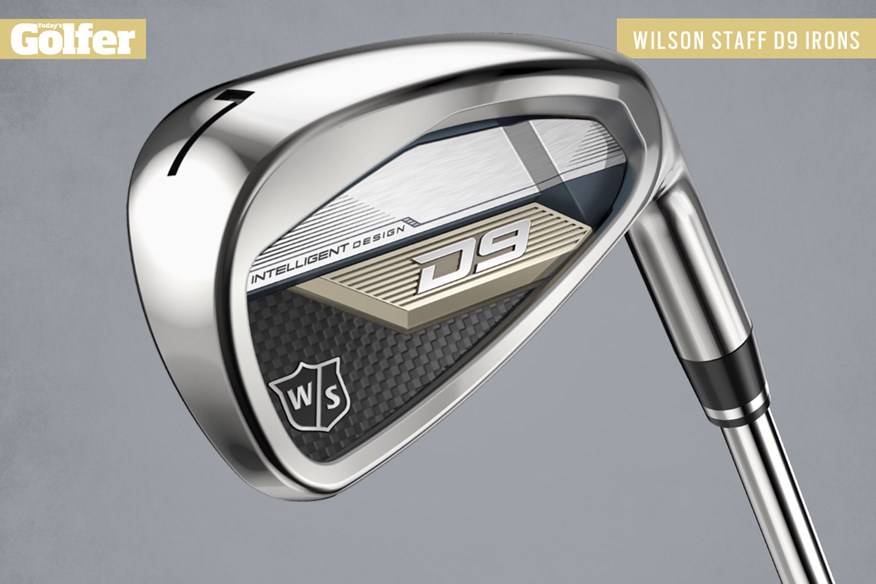Wilson Golf’s D9 range delivers distance, performance and control
Last updated:
Wilson Staff D9 driver, fairway wood, hybrid and iron are designed to deliver golfers distance, performance and control… and it’s all thanks to incredible computing power.
Wilson Golf CEO Tim Clarke set his team a challenge for the new D9 range… build us a driver that gets in play on Tour in 2021.
TESTED: Best Drivers 2021
Wilson Golf’s D family has been built on the foundation of lightweight speed since 2013. Simply by reducing weight, it’s a range that promised to help everyday golfers boost club and ball speeds, which of course means more distance.
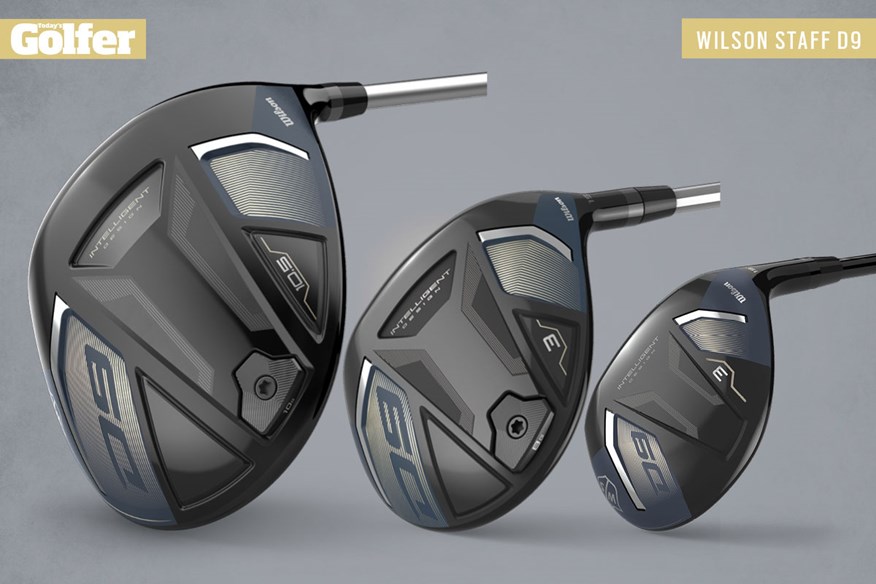
The theory has hit home with decent numbers of price-conscious ‘distance driven’ players, who will continue to be targeted with the D9 range, but Wilson want to open their new driver to a much wider audience.
TESTED: Which Wilson iron is right for me?
They’ve taken a new approach to the development process and have worked closely with Major champion and Wilson staffer Gary Woodland to develop the D9 and hit Clarke’s brief. But has it worked? We’ll find out for sure in the coming weeks, but we’re told the new driver will be on Tour in 2021.

Wilson have invested heavily in a generative computer design process to produce the new range. It uses computer modelling software to evolve a design by simulating several club head variations to produce the most effective design possible comparing data across hundreds of versions.
“The process we used required over 100 processor cores of computing power and it helped us as an engineering team get to a final design quicker than ever before,” said Jon Pergande, Manager of Wilson Golf Club Innovation.
REVIEWED: Wilson’s unpainted Staff Model R golf ball
“We had 120 computers running for seven days a week to create the overall design and we’re delighted with the result in creating an aesthetically-pleasing range with more distance and control than ever before,” he added.
Here’s all you need to know about the new D9 range…
JUMP TO
Wilson D9 driver
We’re talking tiny amounts, but following input from Wilson’s Tour staff, the D9 driver head is slightly bigger than the D7.
The new shape helps drag the centre of gravity lower and further back, which helps nudge up MOI and forgiveness. There’s a three-layer composite crown, which neutralises vibration, while the face is also marginally bigger.
More than 120 computers running seven days a week calculated the best pattern for the D9’s PKR (Peak Kinetic Response) face, and the final design is so complex Wilson say there are no flat surfaces or constant thicknesses.
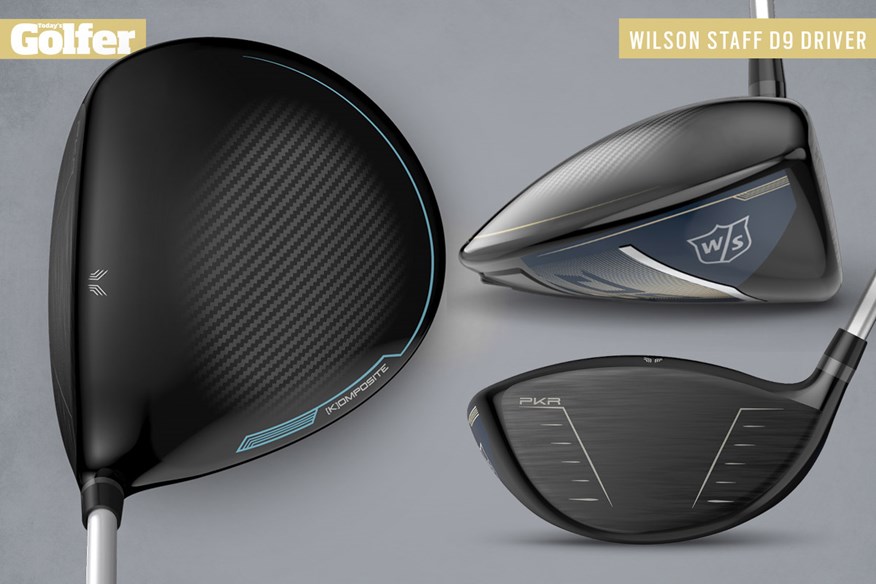
It means centre strikes are now 2.5mph faster than the D7, and an average of 1.6mph faster across nine points on the face. It has already been tested on the PGA Tour by Gary Woodland and Brendan Steele.
TESTED: Most Forgiving Drivers
A lightweight construction has been the focus of previous Wilson D drivers, but thanks to targeting a wider audience, designers have shifted overall weight up from 280g in the D7 to 310g in the D9.
The standard D9 comes with a 10g sole weight, but golfers who want a super-light set up can switch to a 3g option.
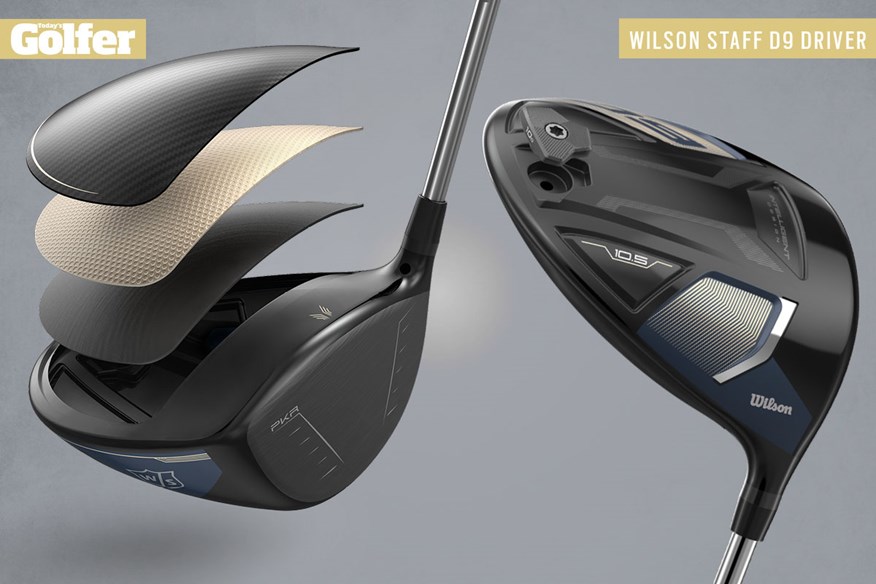
The D9 driver comes with a Mitsubishi Tensei CK Blue shaft and Lamking Genesis Crossline grip as standard.
While it’s not adjustable it is available in 9º, 10.5º and 13º, each priced at a very impressive £299.
FULL REVIEW AND TEST: Wilson Staff D9 driver
Wilson D9 fairway wood
Fairways and hybrids rarely garner as much attention as drivers, but both the Wilson D9 fairway and hybrid come with fascinating tech stories.
RELATED: How to choose the right fairway wood
Variable face thickness has been introduced, something the brand never experimented with before, which delivers high ball speeds and high launch angles regardless of where the ball makes contact on the club face. Ideal if you are not the most consistent of golf ball strikers.
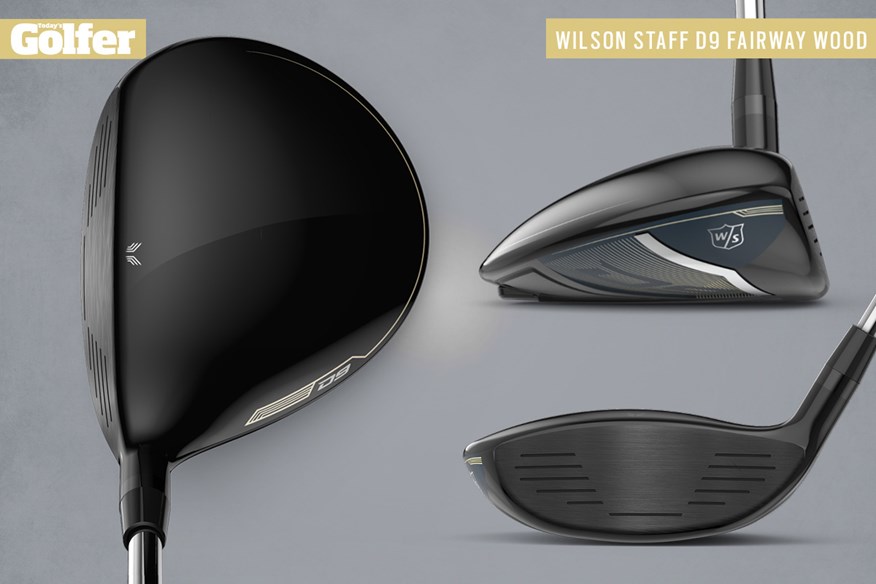
And there’s a premium maraging steel insert to provide a thin, hot face for more speed, feel and distance performance.
The D9 comes with an MRC Tensei CK Blue shaft and Lamkin Genesis Crossline grip as standard.
It isn’t adjustable but comes in 3-wood (15º), 5-wood (18º) and 7-wood (21º), each priced at £179.
TESTED: Best Fairway Woods
Wilson D9 hybrid
As with the fairway, the D9 hybrid sees Wilson introduce variable face thickness for the first time. The new face ensures high ball speeds and high launch angles regardless of where the ball makes contact on the club face, making it ideal for club golfers who don’t always strike the club out of the middle.
A premium maraging steel insert provides a thin, hot face for more speed, feel and distance performance and there’s a progressive loft design from 19º to 28º.
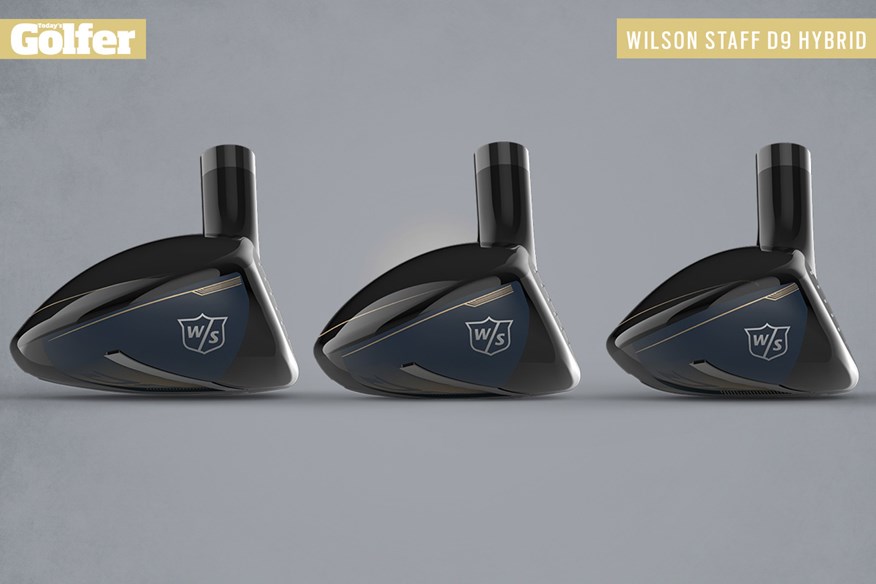
The D9 hybrid comes with a Mitsubishi Tensei AV silver shaft and Lamkin Genesis Crossline grip as standard.
While it’s not adjustable it is available in 19º, 22º, 25º and 28º, each priced at just £159.
TESTED: Best Hybrids
Wilson D9 irons
It’s no surprise that Wilson are pitching the D9 as a distance orientated model once.
Wilson’s D7 irons have been among the longest we’ve tested for the last two years, and we’ve definitely labelled them “distance monsters” on more than one occasion. The mix of lightweight components and very strong lofts have been a winning combination on pro shop launch monitors.
Just like the D9 driver, Wilson have had computers whirring away at their HQ to come up with a faster, more powerful design, particularly around their Power Hole technology.
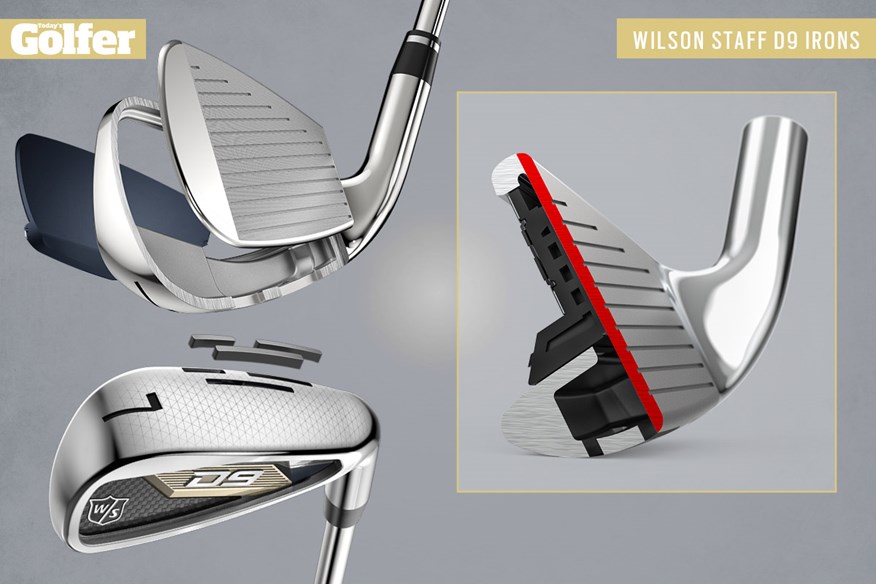
The computer churned out 300-400 models before Wilson started prototyping. And the final design – one that human brains just wouldn’t have thought of – ensures golfers get maximum ball speed from not just the centre of the face, but also toe and heel impacts, too.
RELATED: Wilson Staff Model CB iron review
The D9 are a degree stronger than the D7 (the 7-iron comes in at 27º), but thanks to dropping the centre of gravity height by 1.2mm (to create Wilson’s lowest ever CG iron), Wilson say shots will fly higher and have a steeper landing angle – making it possible to hold a green from distance.
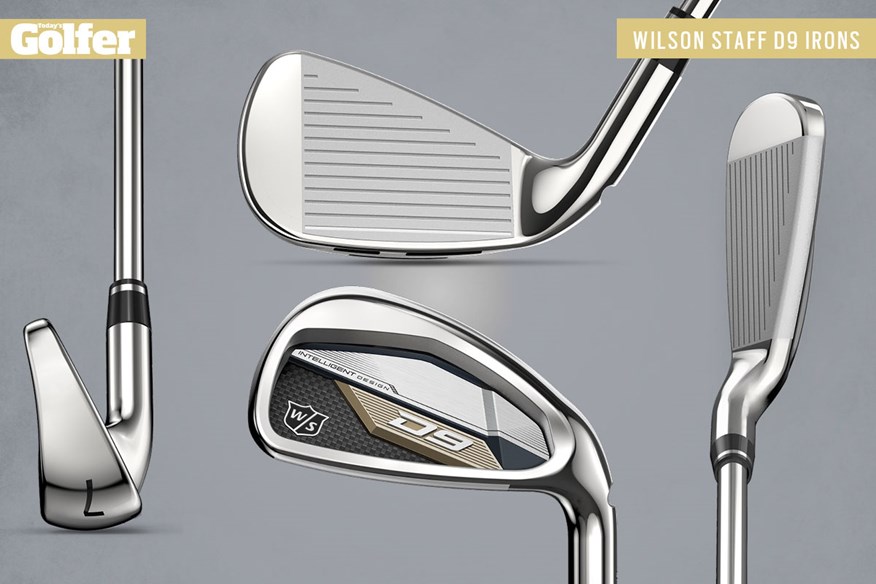
By using the largest, thinnest unsupported face they have ever created, Wilson guarantee the D9 is fast and long. They’ve even got rid of any welds on the face (which can inhibit flex) to ensure every bit of speed and distance is retained.
The D9 irons come in a 5-PW set, with a 4-iron, GW and SW also available for extra cost. The steel irons include a KBS Max Ultralite shaft as standard, with a Mitsubishi Tensei AV Silver graphite option and Lamkin Crossline Genesis grips on both shaft options.
They cost £499 (steel) and £599 (graphite).
FULL REVIEW: Wilson Staff D9 irons
MORE NEW GOLF EQUIPMENT FOR 2021
► TaylorMade SIM2 range ► Callaway Epic Speed and Epic Max woods ► Ping G425 family ► Titleist TSi woods
► Mizuno’s ST woods ► Wilson D9 range ► Honma T//World GS ► Cobra RADSPEED range ► Callaway Apex 21 hybrids and irons
► Odyssey White Hot OG putters ► Titleist Pro V1 and Pro V1x balls ► Callaway ERC Soft golf balls
-
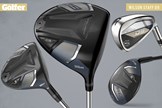 The Wilson Staff D9 range of golf clubs.
The Wilson Staff D9 range of golf clubs.
-
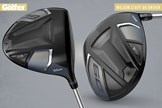 Wilson D9 driver
Wilson D9 driver
-
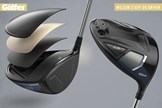 The tech in the Wilson D9 driver.
The tech in the Wilson D9 driver.
-
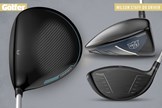 Wilson D9 driver.
Wilson D9 driver.
-
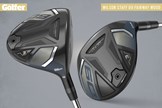 Wilson D9 fairway wood.
Wilson D9 fairway wood.
-
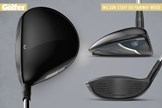 Wilson D9 fairway wood.
Wilson D9 fairway wood.
-
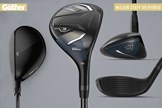 Wilson D9 hybrid.
Wilson D9 hybrid.
-
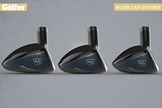 Progressive lofts in the Wilson D9 hybrid.
Progressive lofts in the Wilson D9 hybrid.
-
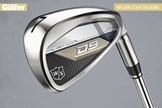 Wilson D9 irons.
Wilson D9 irons.
-
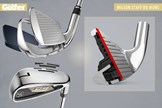 The tech in Wilson D9 irons.
The tech in Wilson D9 irons.
-
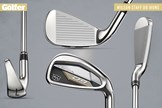 Wilson D9 irons.
Wilson D9 irons.
-
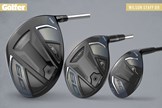 Wilson D9 driver, fairway wood and hybrid.
Wilson D9 driver, fairway wood and hybrid.
-
 Major champion Gary Woodland has helped Wilson develop the D9 driver.
Major champion Gary Woodland has helped Wilson develop the D9 driver.
